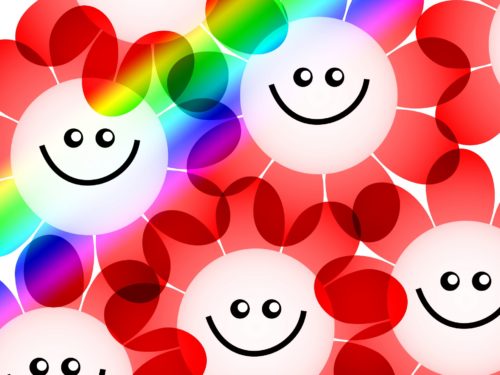
Bhutan – the “Land of the Thunder Dragon” (or Druk Yul in Bhutanese) – is a small landlocked country in Eastern Asia, on the edge of the Himalayas. The kingdom’s government, presiding over about 770,000 people, has but one aim – ensuring that its citizens are happy and well. To do so, it has created […]

You can learn to see the positive Research shows that optimism is beneficial to health and productivity: optimists tend to have better cardiovascular health and a stronger immune system. They also earn a higher income and have more successful relationships. Individuals’ optimism or pessimism may depend to a certain degree on their genetic and environmental origins. […]
Did you know? Although it may not seem like it from all we hear in the news, taken altogether, humanity has never been better off, based on GDP and other measures of well-being. Here are some facts: 1) The number of people living in absolute poverty has been reduced by 60% since 1980. 2) The world is safer […]
It’s what The Good Times has been saying for a while now. Read less news and track down the helpful, encouraging stories. You’ll achieve increased well-being. An article in The Guardian puts it eloquently. Consuming the news as it’s disseminated today is harmful. According to this article, it misleads, it’s irrelevant, it’s even toxic, and it […]
For International Women’s Day, The Good Times would like to share the following story about the positive effects women have on other women. It’s told by someone who takes an evening class at Stanford: “The last lecture was on the mind-body connection – the relationship between stress and disease. The speaker (head of psychiatry at Stanford) […]
According to the 1994 Oslo Symposium, which aimed to examine a new approach to consumption, production and consumerism, Sustainable Consumption is defined as: “the use of services and related products which respond to basic needs and bring a better quality of life while minimizing the use of natural resources and toxic materials as well as emissions […]

